Welcome
I started this blog in 2013 to share my reflections on reading, writing and psychology, along with my journey to become a published novelist. I soon graduated to about twenty book reviews a month and a weekly 99-word story. Ten years later, I've transferred my writing / publication updates to my new website but will continue here with occasional reviews and flash fiction pieces, and maybe the odd personal post.
|
Two novels based on real-life deaths in the same decade of the mid-nineteenth century, deaths that were never completely explained. The first of a young woman in southern England, the second of dozens of pioneers heading for the American Wild West. The books’ female authors have perhaps taken different approaches to their source material. See what you think.
10 Comments
Can you rewrite your own history and get away with it? That’s what Joseph Silk and Mary Holmes, lead characters in these two new novels, seem to have done. Both have been motivated to avoid traumatic memories – but there are consequences. In Joseph’s case, it’s been the impact on his family; in Mary’s, it’s a lifetime of guilt. Both novels feature a bond between young and old. Both address aspects of the Second World War: Joseph takes his suffering under Nazi-inspired racism in Hungary to his grave; far away in relatively safe Dorset, the backdrop of war pushes Mary to confess. Read my reviews and see whether you sympathise with the decisions they took.
When teenagers flee the family home to fend for themselves, they swap one kind of brutality for another. And while their troubled lives will have forced them to develop survival skills in some areas, they are often more vulnerable than their peers in others, such as emotional literacy. But real-life tragedy can make engrossing fiction as you’ll find if you let the young narrators of these two novels lead you into the wilderness: Jaxie in Western Australia and Sal and her younger sister in Scotland. For real-life youth homelessness, mostly in urban areas, Centrepoint (in the UK) is worth supporting.
If adolescence was the invention of the baby boomers, it’s the millennials who’ve shown – along with recent(ish) research into the developing brain – that this interlude between childhood and adulthood lingers well into one’s twenties. At this stage of our lives, many of us are still experimenting with who and how to be, as these two debut novels illustrate in thoughtful and entertaining ways. The young female narrators juggle the legacy of patchy parenting; love triangles; envy and class privilege; and platonic and sexual relationships at the boundary between intimacy and privacy – and city living, one in London and the other in Dublin. Read on!
Annecdotal is marking refugee week with two new translations: a novella and novel by authors with direct experience of being a refugee. The first is an innovative collaboration between current residents of the Palestinian camp in Shatila and a London-based publisher; the second is by and about a Bosnian Muslim exiled to Croatia who later arrived in Scandinavia as a refugee.
The central characters of these novels face a trial with the odds stacked against them in the early pages: the first about a twenty-something American woman and the second of a fifty-something Bulgarian man. For Romy, it’s the beginning of a lengthy prison sentence; for Alexander, it might be the end of the road. Both have survived oppressive systems before arriving at this point: Romy grappling the restricted opportunities on the margins of a complacent America; Alexander seemingly finding a place on the winning side of the Stalinist regime. Yet, as The Unbeliever illustrates, winners can be quickly transformed into losers under communism, while the depiction of a women’s prison in The Mars Room suggests there can be no winners there.
3. Yet, much as I’m drawn to the dark side, I don’t want my reading to be totally bleak. There are ways of writing about trauma that allow for a sliver of light.
While these two points still hold for me as a reader, I’m not sure I can identify exactly where the balance lies for me between dark and light, either in relation to what I want from a novel or in how to find it. When the press release described Speak No Evil as “a novel about the power of words”, I thought it would fit nicely with Missing, about a translator who has personal reasons for using precise verbalisations. But, although I could see what the publishers were getting at, it didn’t chime strongly with my reading experience. Nevertheless, these short novels – the first from the UK, the second from the US and Nigeria – have something in common: the grief and guilt that has diverted a woman’s life after a tragic misunderstanding at the age of eighteen. But, given that exactly how that happened is part of the mystery, you won’t find much about that in my reviews. Don’t let that stop you reading on, as both these novels are well worth your time.
I was privileged to visit Zimbabwe a couple of times during the first decade of independence, when investment in healthcare and education engendered an atmosphere of optimism and renewal after the bitterness of the liberation wars. But, apart from the few densely printed paperbacks from Zimbabwe Publishing House I brought back with me, I’ve read very little fiction from or about the country until these two came my way, courtesy of Legend Press and Atlantic Books. The novels complement each other perfectly: the first set around a farm in the north of the country explores the contrasts and commonalities of land seizures in the early years of the twentieth and twenty-first centuries; the second is set mostly in the main city in the south leading up to, and soon after, independence in 1980.
Our species has enslaved our fellow human beings for millennia, an abomination that continues to this day. While literature quite rightly reminds us of the industrial-scale trade in people between Africa, the Americas, Europe and the Caribbean, some historical human rights abuses are less well known. So, painful as the subject matter might be, I was pleased to widen my knowledge through these two novels: the first focusing on African slavery of other Africans in 19th-century Ghana; the second about people forcibly transported from 17th-century Iceland to Algeria. Both feature strong women from a period when female voices were often silenced and consider the psychological and political complexities beyond the polarised roles of victim and villain.
Although these two novels couldn’t be more different in tone – the first a literary exploration of a young mother’s development; the second tricksy thriller – I can’t resist pairing them for the other factors they have in common. Both feature thoughtful, philosophising, unnamed narrators; both take as their subject matter how we explore the inside and outside of other people, and ourselves. Both are ambitious and unusual in their approach; both are the author’s second book and a cracking read.
1989 brought a transition from communism to democracy across Eastern Europe, with the Velvet Revolution in Czechoslovakia, a 600 kilometre joining of hands across Latvia, Estonia and Lithuania, and the collapse of the Berlin Wall. These two novels feature a part of that story, one ending, and the other beginning, in 1989 and both, as a bonus, featuring narrators brought up by grandparents partly as a result of political events. Set in Latvia before regime change, Soviet Milk is about the difficulty of living a moral life under totalitarianism. Set in the Czech Republic in the very near future, Spaceman of Bohemia is about how a father’s collaboration impacts on the career and choices of his son.
Scouring my shelves for a book to accompany The Athenian Women, I thought I was “making do” when I picked up Such Small Hands: two translated and disturbing reads. So it was a bonus that the latter included a strand narrated in the first person plural (very like a Greek chorus as Edmund White points out in an Afterword), while the latter, set in Athens 411 BC, takes its characters to the theatre where a genuine Greek chorus stands on stage. Add in the similarities of the authors’ names (I’m assuming Italian and Spanish versions of Barber) and I couldn’t have linked them better if it was planned.
I recently featured four novels depicting the impact on children of a father’s absence. These two debut novels present the other side of the story: the terrible harm that a father’s presence can do. In both, the fathers control their children’s minds and bodies through violence and a perverted kind of love. Although fiction, each reflects the darker side of society today.
My real-world promotion of World Toilet Day yesterday was somewhat eclipsed by a surprise conversation about #MeToo. Surprise because, having personally experienced only “mild” forms of unwanted sexual attention, I hadn’t jumped on this particular bandwagon, the conversation left me feeling I should have. After all, one doesn’t have to have experienced direct gender discrimination to be a feminist. One shouldn’t have to have experienced the trauma of rape to oppose the culture of misogyny that so often enables it.
These two novels are worlds apart in terms of style and genre, but both involve mysterious deaths set against real-life moments of rampage and riot in England during recent hot summers. In the first, a lone gunman on the rampage in 2010 Cumbria is integral to the story. In the second, the 2011 London riots provide the perfect backdrop for a domestic noir thriller.
If you like to be scared, Halloween is the time for it, and if you like to be scared by a book, any of these might do. The first two are about houses haunted by their history are described as Gothic horror. The third seems to be going that way, but then veers off into a different kind of disturbance which, for me, provided the richer read.
Life’s a game of snakes and ladders; we all have our ups and downs. But some people’s snakes are much longer than some other people’s ladders, and some so unlucky on the roll of the dice it’s like they’ve landed in a slithery nest of snakes. If fear or despair hasn’t shut down their emotions, these people are angry, understandably so. And that’s my tenuous link between these novels: the first about a young woman’s sudden blindness and the second about the victims of paedophile priests.
If we leave home at eighteen, it’s often to a particular kind of institution. For me, as for Selin in The Idiot, that means university; for Billy Lynn, as for many young working-class adults who are less academically inclined, it’s the military. While, as Selin discovers, universities encourage questioning, not all questions are received with equal relish. On the other hand, as Billy learns, the army might discourage independent thought, it can’t prevent his wondering. Will these young people find the answers they’re looking for? Read on!
Life’s tough on the fringes of society, perhaps particularly if you’re female. Not only have you your own vulnerability to contend with, but the projections of others who feel safer dwelling on your difference than on your similarity to them. Let me take you into the worlds of three such fictional females: The Parcel is harrowing novel about sex workers in Bombay; Dance by the Canal is a lighter novella about a homeless woman in East Germany; my recently published short story, “Ghost Girl” is about an African girl with the wrong colour skin.
Should mistakes made in adolescence be allowed to blight a life? Both having spent over two decades safeguarding their own secrets, the protagonists of these two novels would hope not. While both Mark and Sheen’s mistakes have had serious consequences, they’d argue they were seduced into situations they were too young or too blinkered to understand. But now their pasts are catching up with them: Mark’s because his former lover has confessed to murder; Sheen’s because the man who stole her future refuses to face the truth. Can they confront their own responsibility without losing everything they’ve gained? And how did these students get embroiled in such a mess?
The digital revolution has massively changed the way we listen to music, yet vinyl has been revitalised in some quarters in recent years. Perhaps it’s no surprise that contemporary novelists should review their record collections in search of new ways of exploring the human condition. But two published within three months of each other? That’s quite a coincidence. Read on to see how these established British authors have addressed the topic in very different ways.
What’s special about the fox? What do we project into these beautiful, furtive and sometimes highly disruptive creatures? Two impressive debut novels depicting an individual in crisis locking eyes with a fox might go some way towards answering these questions – and other enigmas of the human condition. The first, in which the fox takes centre stage, takes place in an urban setting; the second, where the fox is only one of several animals encountered, is in a rural context. Although I have less to say about the second, I can heartily recommend both.
|
entertaining fiction about identity, mental health and social justice
Annecdotal is where real life brushes up against the fictional.
Annecdotist is the blogging persona of Anne Goodwin:
reader, writer, slug-slayer, tramper of moors, recovering psychologist, struggling soprano, author of three fiction books. LATEST POSTS HERE
I don't post to a schedule, but average around ten reviews a month (see here for an alphabetical list), some linked to a weekly flash fiction, plus posts on my WIPs and published books. Your comments are welcome any time any where. Get new posts direct to your inbox ...
or click here …
Popular posts
Categories/Tags
All
Archives
March 2024
BLOGGING COMMUNITIES
|
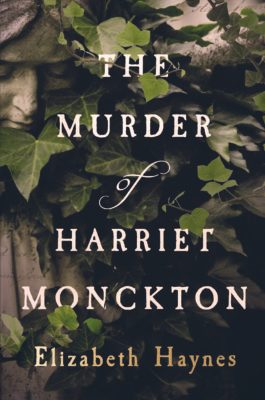
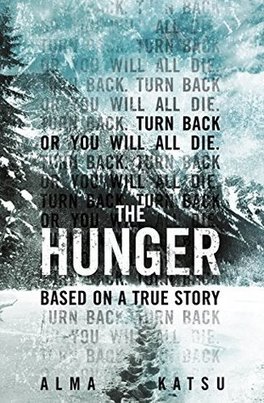
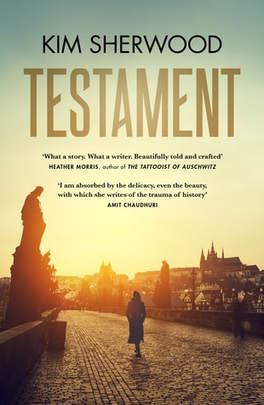
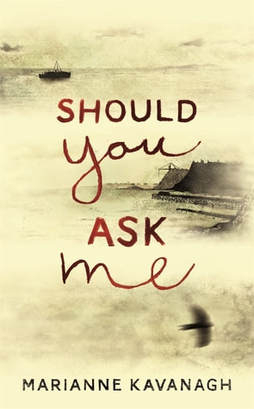
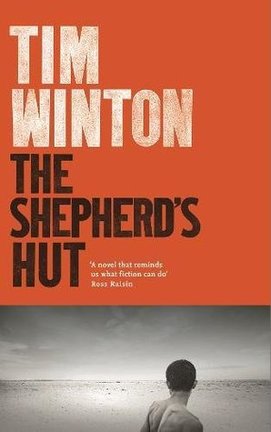
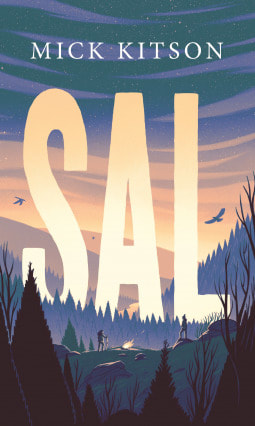
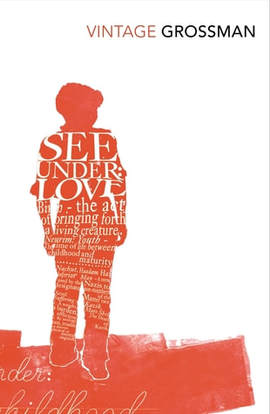
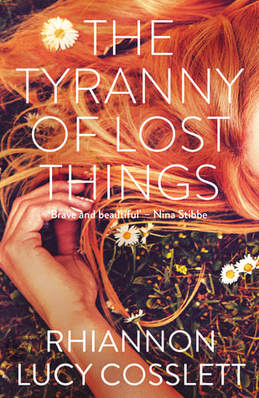
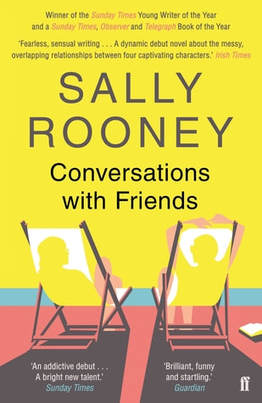
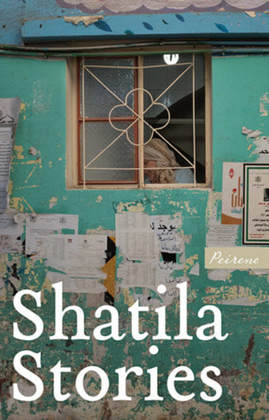
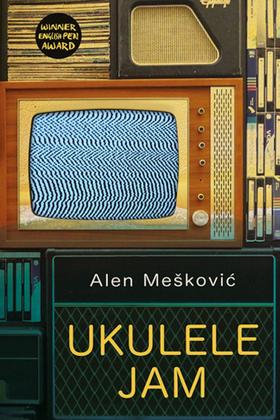
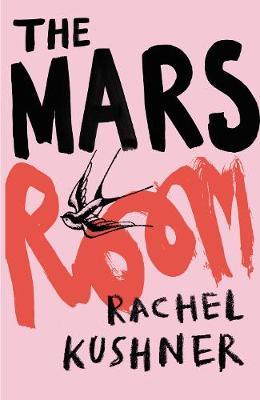
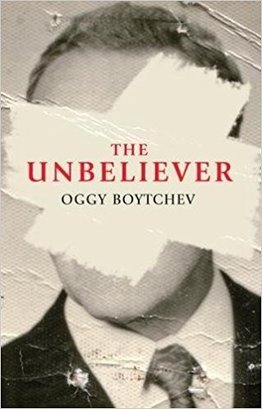
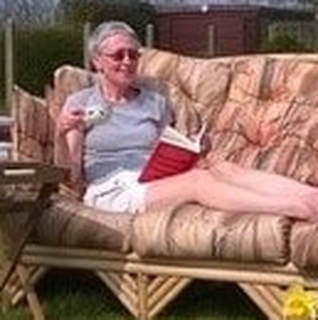
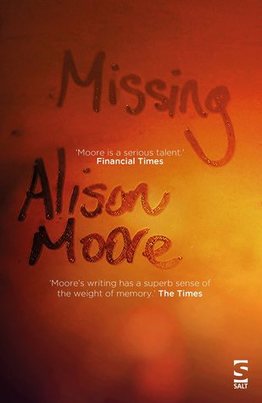
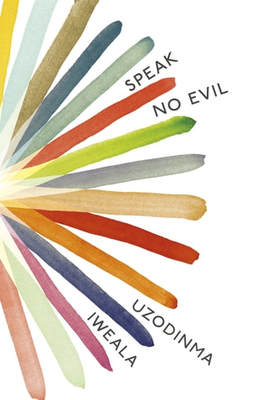
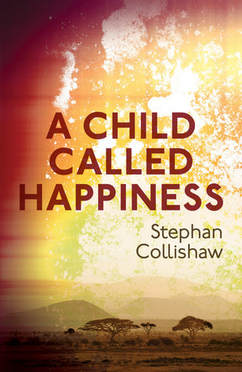
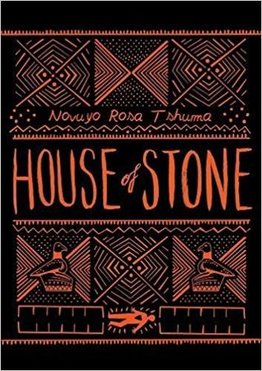
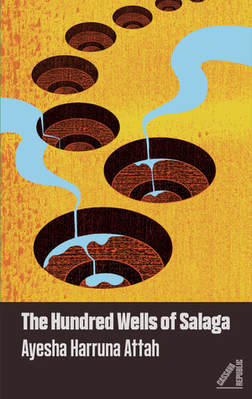
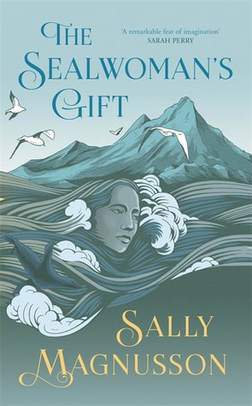
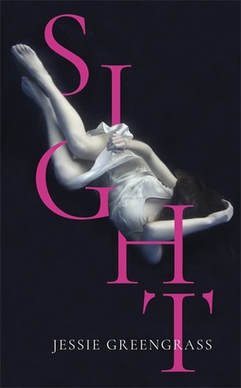
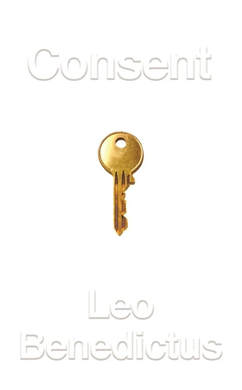
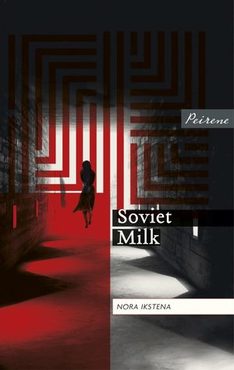
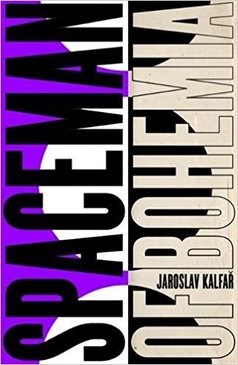
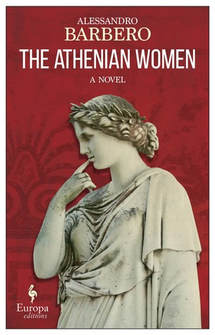
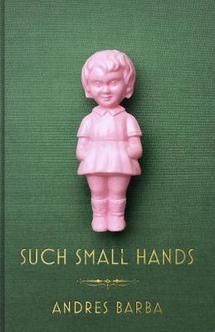
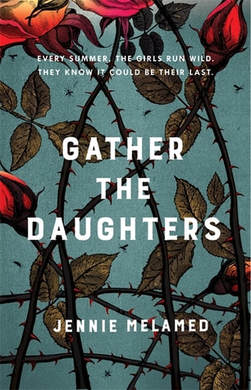
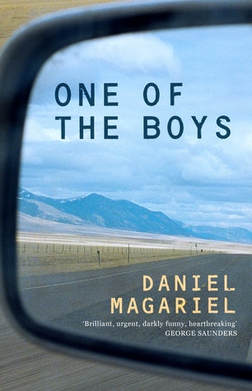
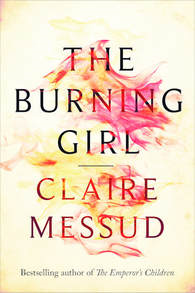
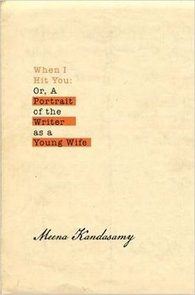
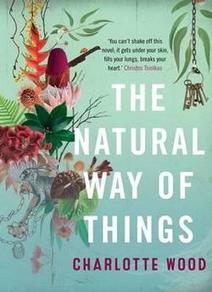
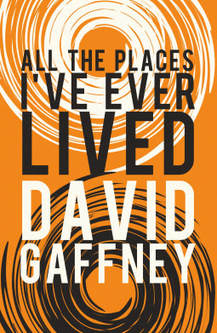
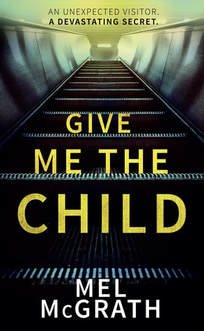
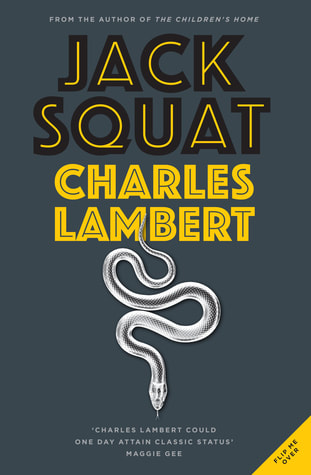
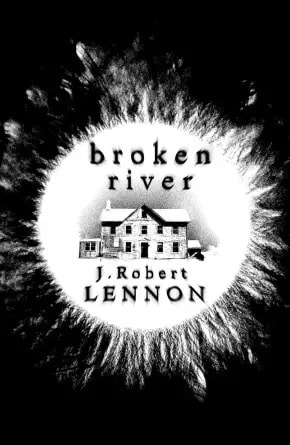
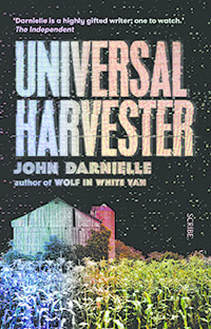
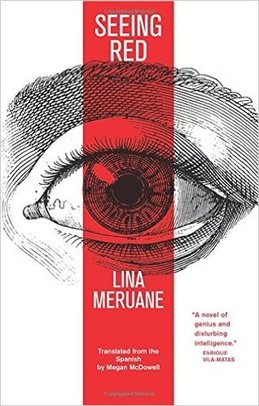
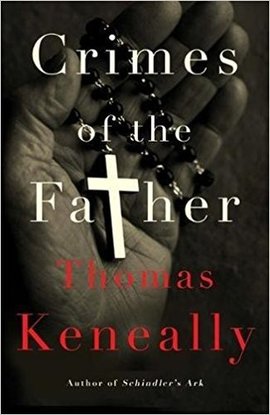
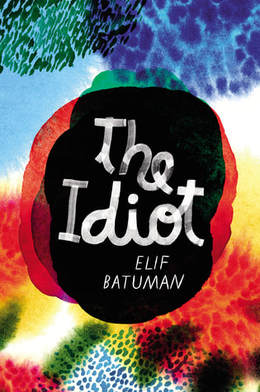
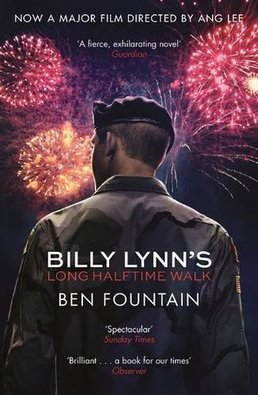
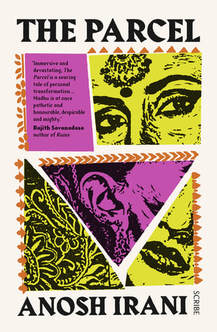
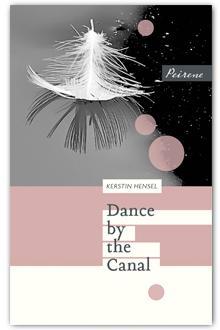
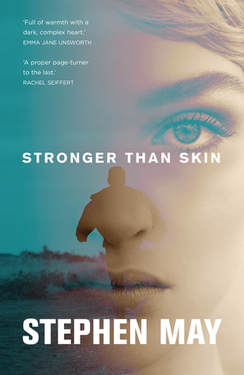
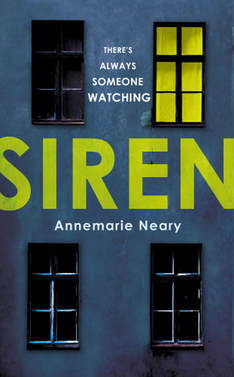
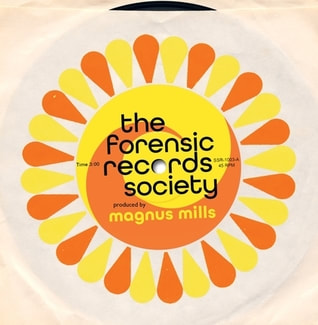
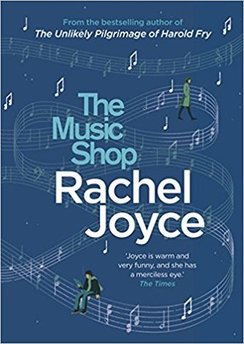
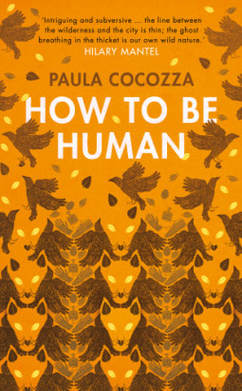
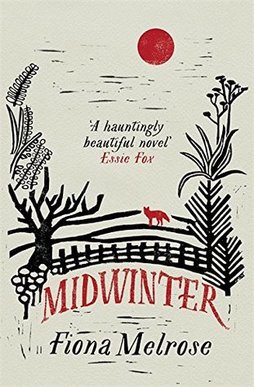
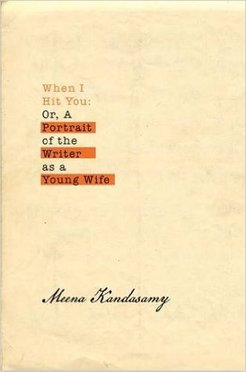





















 RSS Feed
RSS Feed





















